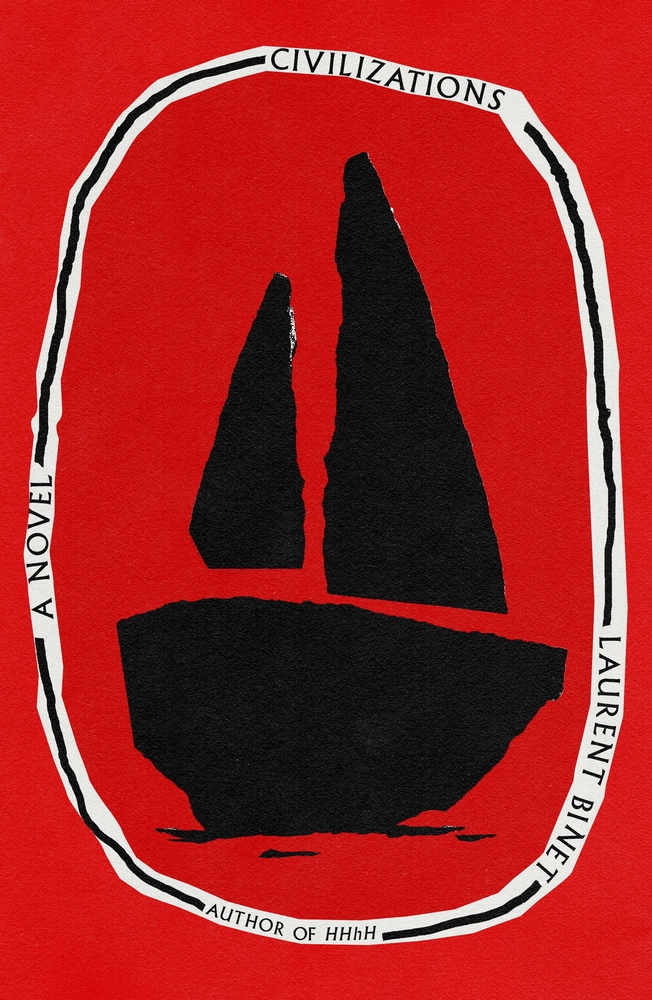Book Review
The Living Sea of Waking Dreams (2021)
by Richard Flanagan
Australian (Tasmanian) author Richard Flanagan burst into international consciousness in 2014 when The Narrow Road to the Deep North, his novel about the Australian POW experience in South-East Asia during World War II, won the Man Booker Prize. He followed the Booker win with First Person, in 2017, which to my knowledge, didn't even get a release in the United States, and which doesn't even have it's own Wikipedia page.
I didn't read The Narrow Road to the Deeper North until 2018, even though I purchased the American hardback edition in the aftermath of the Booker Prize win. I typically avoid books about World War II and the Civil War- whether they be fictional or non-fiction, simply because those two subjects suck up so oxygen in the fields of American History and Historical Fiction (ok, not as much as in non-fiction, but still). I respect Australia as a literary market, they seem to be good for about one internationally recognized author per decade, so Flanagan makes a good bet for the 2010's and possibly the 2020's if he can get another hit.
Brother, The Living Sea of Waking Dreams is not it, in that regard- it's not a hit. It is a well done piece of literary fiction about end-of-life issues viewed through the eyes of a woman and her two brothers as their mother wastes away in a hospital in Tasmania. Although it is a work by an Australian author set in Australia, it feels like this book could take place in a half dozen English speaking cities- LA and San Francisco, New York and Boston, London and Manchester- the dynamic being the urban child having to return to the more remote locale of birth and upbringing, since the dying mother is still there.
Anyway you want to slice it, The Living Sea of Waking Dreams is a somber and often depressing novel, which I guess is one criterion for greatness, but it doesn't make for a hit most times. Asa prior winner, any qualifying title is a favorite for at least a Booker longlisting, but since he's won already he is easier to ignore. We shall see next week when the longlist is announced for this year.


 Instagram
Instagram